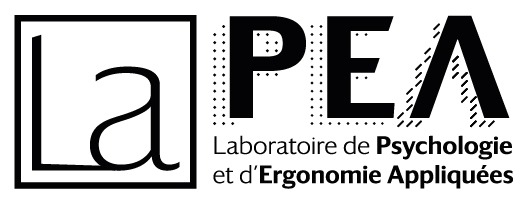Our research objective is to define if Creative Ecosystems are the confluence of knowledge, perceptions, emotions, and motivations that individuals experience as they engage with and make sense of their social environments and connections.
Résumé :
Creativity is an incredibly complex phenomenon, explored from multiple fields and in an array of perspectives across time. With the increasing complexity of possible perspectives to address it, some researchers proposed a model to synthesize creativity as a whole system made of different components (Rhodes, 1961; Glaveanu, 2013; Lubart, 2017). Gruber (1981) said that “without any one of a number of vital organs, the individual dies; without any one of a number of vital components, an argument fails” (p.5). So, what are the “vital organs” of creativity? Considering creativity as a dynamic “set of distinct components with specified relationships” (Stahl & Brower, 2020, p.464), distinct components for creativity were analyzed according to the Evolving Systems Approach (Gruber, 1988), Investment Theory (Sternberg & Lubart, 1991), and Componential Theory (Amabile, 2013). Thus, the use of this technique seems particularly suited to our research objective, which is to define if Creative Ecosystems are the confluence of knowledge, perceptions, emotions, and motivations that individuals experience as they engage with and make sense of their social environments and connections.
Keywords: creativity; predictors; creative processes; sociocultural perspective.
Directeur de Thèse
Todd Lubart, Professeur des Universités — Université Paris Cité — Directeur
LinkedIn – https://www.linkedin.com/in/felipezamana/
ResearchGate – https://www.researchgate.net/profile/Felipe-Zamana
À lire aussi
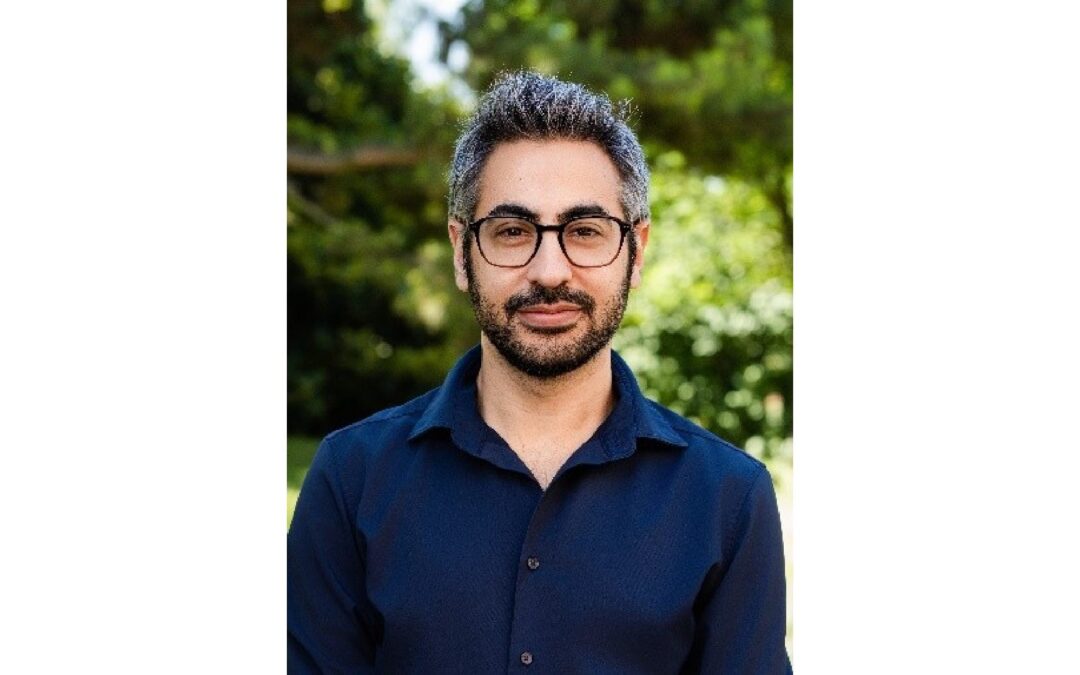
Anthony Lantian (Université Paris Nanterre) : Croyances aux théories du complot : rôle des motivations existentielles et épistémiques, et liens avec la stigmatisation
Jeudi 19 mars 2026 à 10h30. © Résumé : Cette présentation propose une série d’études visant à mieux comprendre les croyances aux théories du complot. Je commencerai par examiner les motivations existentielles, notamment les effets de la perte de sens et de...
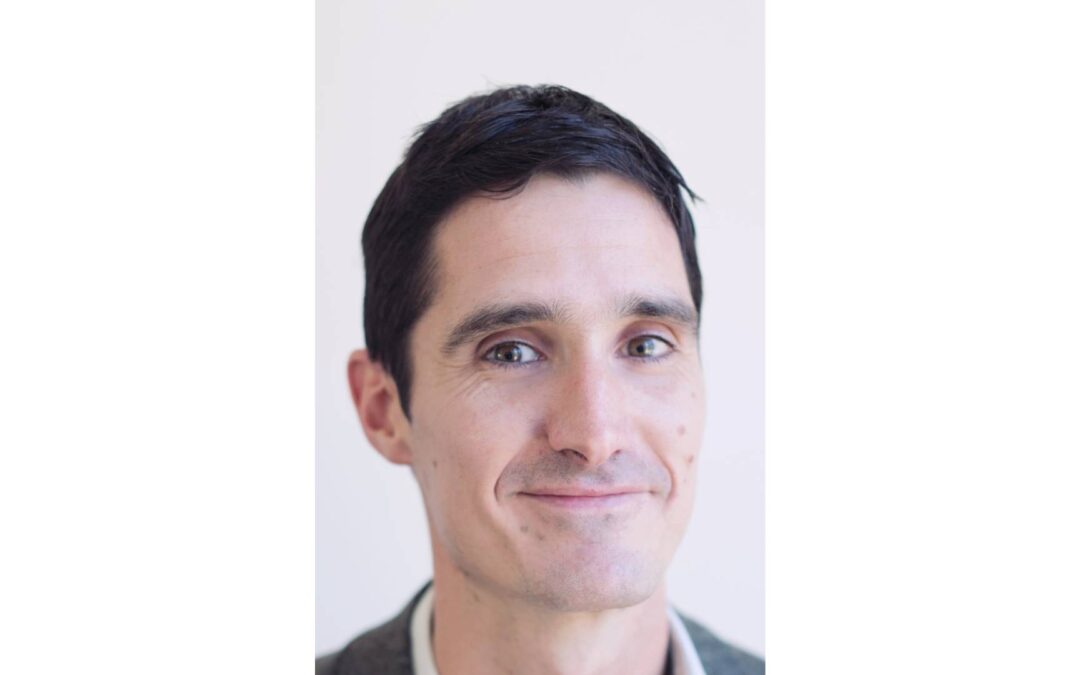
Gael Brulé : Le coût environnemental du bonheur
Jeudi 29 janvier 2026 à 10h30. © Résumé : Objectif de vie pour tout un chacun, démonstration de puissance pour l’État, le bonheur fait l’objet de nombreux classements. Les indicateurs utilisés résultent toutefois de constructions fondées sur différentes idées...
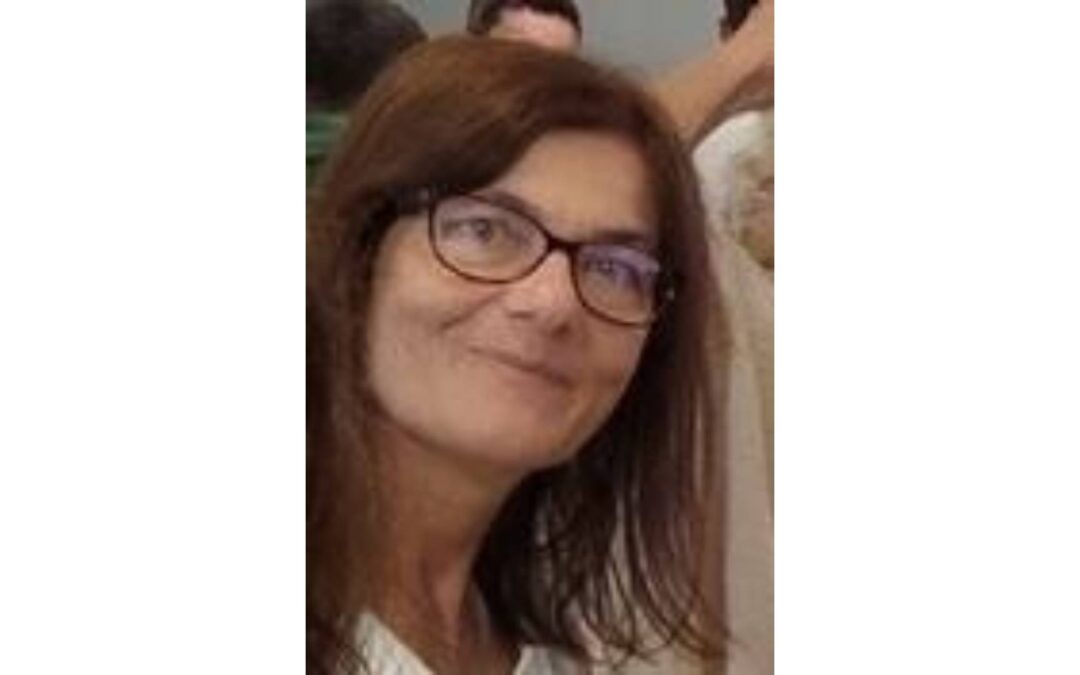
Hélène Sauzéon (Université de Bordeaux) : Les motivations intrinsèques comme principes de conception des technologies numériques pour la cognition.
Jeudi 20 novembre 2025 à 10h30 en 2011. © Résumé : Les théories psychomotivationnelles, comme celle de l’autodétermination (Ryan & Deci, 2000) placent l’agentivité comme pilier du développement à tous les âges de la vie à travers notamment l’expression de...
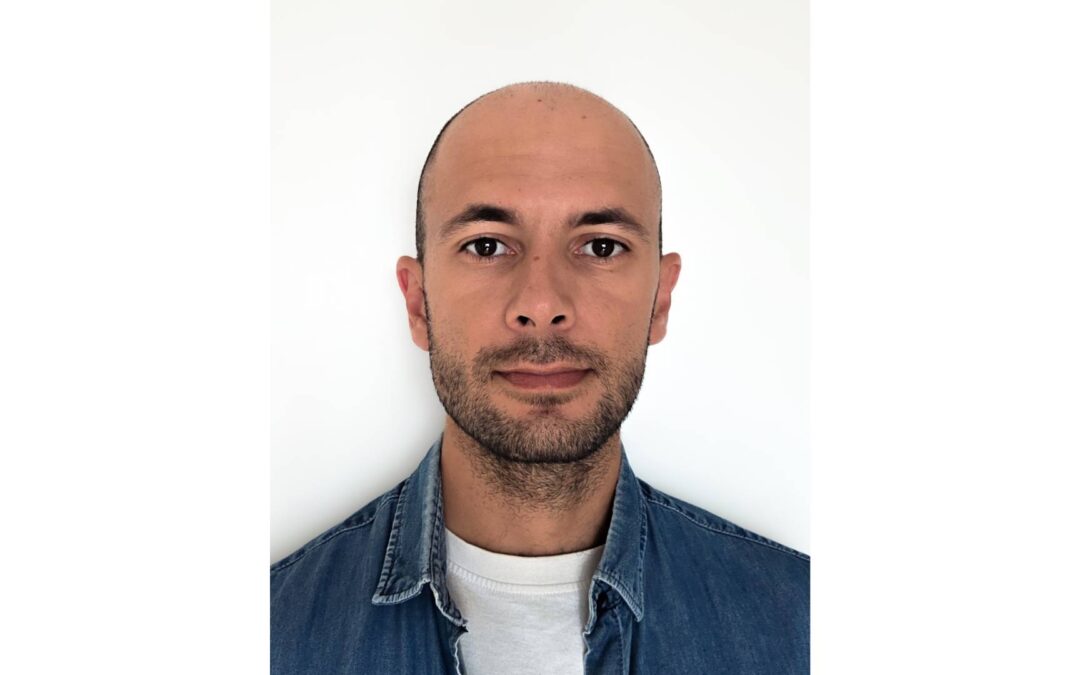
Samy Chikhi :”Mesurer et moduler la gestion des ressources cognitives”
Jeudi 25 septembre 2025 à 10h30 en 2011. © Résumé : Le système cognitif humain est limité dans ses capacités de traitement, ce qui entrave notre capacité à intégrer et manipuler l’information et affecte la qualité des décisions prises. Le concept de charge...
